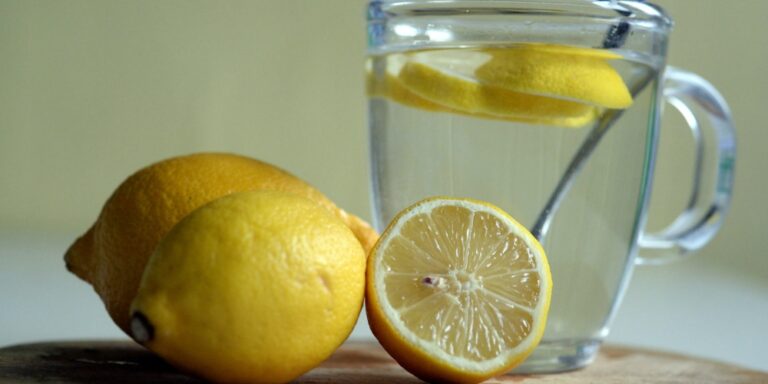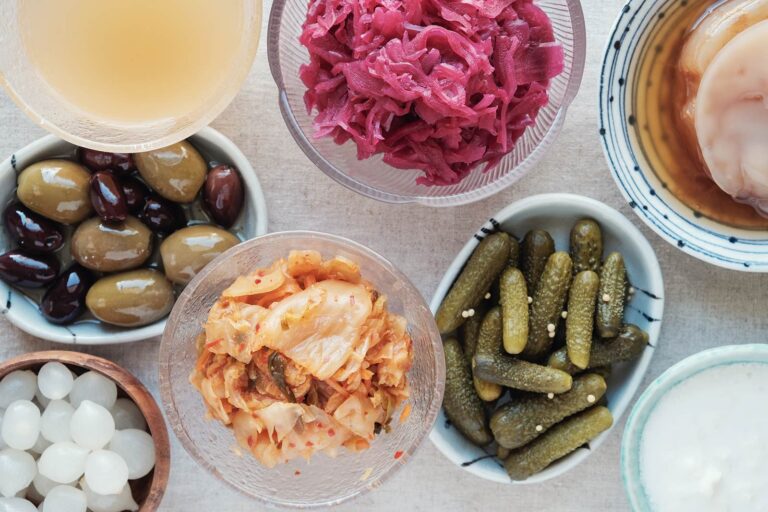Berberine: The powerful plant compound that lowers blood sugar
This post may contain affiliate links which means I may receive a commission for purchases made through links at no extra cost to you. I only recommend products I truly believe in. Thank you for your support!
According to the 2020 National Diabetes Statistics Report from the Centers for Disease Control and Prevention, 34.2 million people, or over 10 percent of the U.S. population, have diabetes and 24.2 million Americans age 65 and older have prediabetes.
Diet and exercise are two lifestyle interventions that can help keep you from becoming a statistic. But if there’s another natural way to control your blood sugar, without dependency on medication, you’d want to know about it, right?
Over the past dozen years or so, research has been ongoing into a natural, plant-based compound that has the ability to regulate your blood sugar and has other health benefits as well, all without the side effects of medication.
A traditional Chinese medicine controls blood sugar and more
For more than 10 years now, science has been investigating how natural chemicals from the barberry plant can help control type 2 diabetes.
Specifically, a phytochemical (natural plant compound) called berberine seems to be doing the trick.
Berberine is also found in the perennial flower known as goldenseal, and other plants including barberry, Oregon grape and tree turmeric. In most of these plants, the compound is concentrated in the root or stem.
It’s been used in traditional Chinese medicine for a long time as an anti-inflammatory agent. It may also help prevent fatty liver disease, bacterial infections and lower your risk of heart disease.
An examination of data from a number of independent studies (known as a meta-analysis) was published in June of this year. It was conducted by researchers at Iranian and British universities and found that supplementing with barberry can indeed decrease insulin levels.
Seven studies that included 452 subjects were included in the review. The analysis showed that barberry significantly reduces insulin levels. And lowering insulin is the first important step to preventing type 2 diabetes.
Hyperinsulinemia (higher-than-normal insulin levels) is a sign of insulin resistance, where your pancreas is working overtime to secrete insulin because your body is not responding to it. Left untreated, this will lead to type 2 diabetes.
Glucose and cholesterol improve with berberine
Two earlier studies had already proved the effectiveness of berberine supplements in preventing diabetes.
In 2008, a Chinese study looked at a group of subjects with type diabetes and dyslipidemia.
Many people who are diabetic or prediabetic also have the triple whammy of dyslipidemia: good cholesterol (HDL) is low, bad cholesterol (LDL) is high, and triglycerides are high.
In the Chinese study, 116 patients were given either 1g of berberine daily or a placebo for a period of three months.
In the berberine group, fasting glucose levels decreased from 7mm/liter to 5.6mm/liter, and triglycerides dropped from 2.51mm/liter to 1.10mm/liter. The placebo group showed significantly poorer results.
Together with lifestyle changes, berberine proved effective in controlling blood sugar
In a 2012 meta-analysis, four researchers from Huazhong University of Science and Technology in China reviewed data from 14 randomized trials that included 1068 subjects.
While berberine did not control blood sugar any better than oral diabetes medications like metformin, it did have some effectiveness against dyslipidemia.
However, when combined with lifestyle changes to prevent diabetes, berberine proved more effective in controlling blood sugar than metformin or similar drugs when combined with the same lifestyle changes.
How to take berberine
Berberine supplements are available online or through your health food store.
A common dosage based on research is 500mg, three times a day.
Although berberine is not known for troublesome side effects (other than digestive issues for some people) you should talk with your doctor if you’re taking any medications, especially those that already lower your blood sugar.
Originally Published by: easyhealthoptions.com






